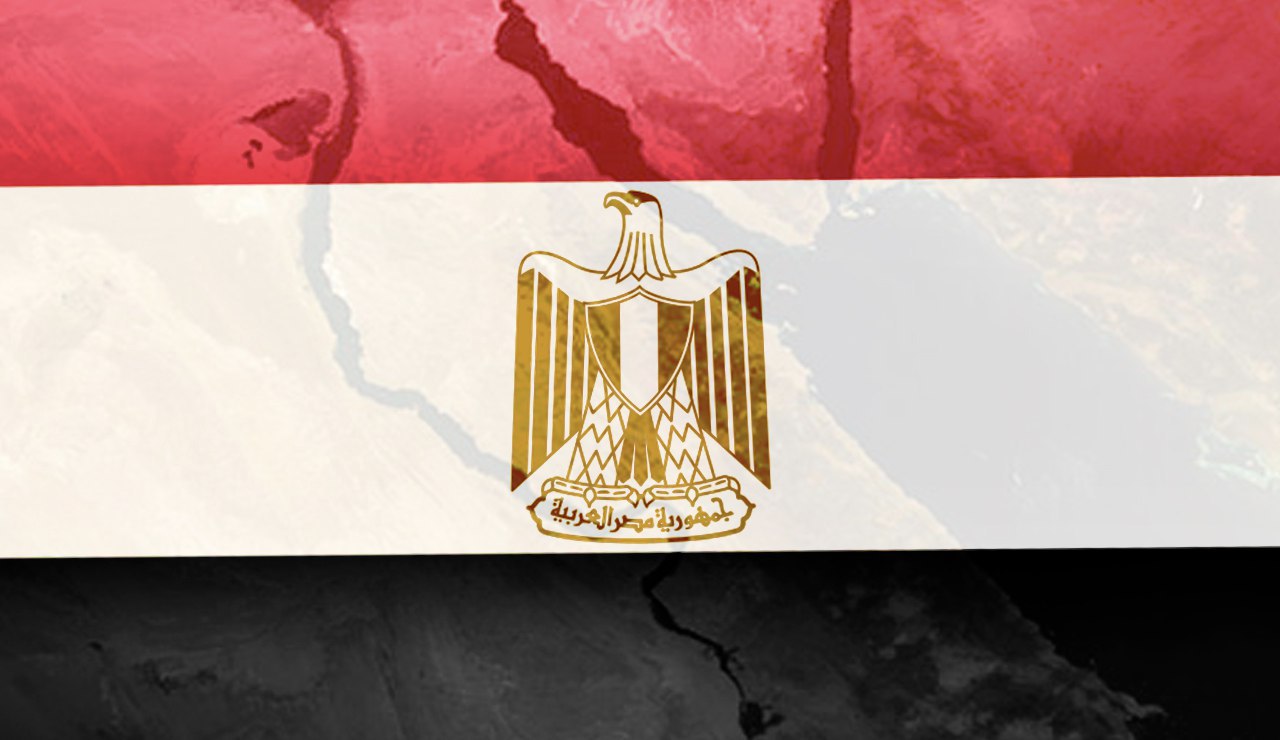Burning the Kuwaiti flag ignites dispute between the two peoples
Footage of an Egyptian citizen offering pedestrians to burn the Kuwaiti flag for LE 500 ($31) has stirred controversy through the social media platforms, where Kuwaitis expressed their outrage over the insult to their country’s symbol.
The heat has moved from social media to the official Kuwaiti authorities. The Kuwaiti embassy in Cairo issued a statement condemning the video, demanding the Egyptian authorities to arrest the video maker and whoever participated in this “severe offense” that would negatively affect the relations between the two countries. For its part, Egypt’s Ministry for Foreign Affairs issued a statement asserting the depth of the Egyptian-Kuwaiti fraternity relations and expressing its resentment about the attempts on social media to drive a wedge between the two brotherly peoples.
Later on August 1, the video maker was arrested only to be acquitted hours later after he proved his “good intentions” with the video, which was actually to prove the fraternity between the two peoples, according to Egypt’s General Prosecution’s statement.
The Egyptian diaspora in Kuwait has repeatedly suffered from assaults committed by Kuwaiti citizens. The latest incident was on July 23, 2020, when footage of a Kuwaiti citizen slapping an Egyptian expat working at a supermarket circulated the social media. The footage ignited Egyptian’s outrage, accusing Kuwaitis of racism and mistreating their expats. The Kuwaiti assaulter was arrested on July 26 by the Kuwaiti authorities, according to Youm7.
On the eve of the Iraqi invasion Kuwait anniversary, where Egypt participated in liberating Kuwait in 1990, Kuwait took a unilateral step and banned the entry of Egyptian nationals, among 31 other nationalities, claiming that these nationalities are coming from high risk countries of spreading Covid-19, according to Almasry Alyoum. The move was met by popular anger in Egypt, as Egypt has managed to flatten the curve of the Covid-19 cases, while Kuwaitis welcomed their government’s decision that was altered two days later after resulting in losses estimated at LE 100 million ($6 million) for the both countries’ airlines, according to Elkalima News.
The Kuwaiti royal family has supported Egypt for a long time. On August 4, the Egyptian House of Representatives approved a $245 million-loan from Kuwait to provide Egypt’s Delta with potable water.
Have Egypt and Greece won the Eastern Mediterranean battle?
On August 6, Egypt’s Foreign Minister Sameh Shoukry and his Greek counterpart, Nikos Dendias, signed an agreement on the demarcation of maritime borders between Egypt and Greece, a deal that triggered Turkey’s irritation, as Turkey’s Recep Tayyip Erdogan said the agreement “has no value.”
Egypt’s foreign ministry spokesman Ahmed Hafez described the Turkish foreign ministry’s rejection of the Egyptian-Greek maritime demarcation deal as “surprising,” according to Egypt’s state-owned news website Ahram Online.
“It is surprising that such [Turkish] statements and allegations were issued by a party who had not originally seen the agreement and its details,” Hafez announced on his official Twitter account on August 6.
In a reaction to the agreement signed between the Mediterranean neighbors, Erdogan announced on August 7 that Turkey has restarted a search for energy in the eastern Mediterranean, accusing neighboring Greece of failing to keep its promises.
According to Egypt’s foreign minister, the deal will allow both Egypt and Greece to benefit the wealth laid down in their own economic zone in the Mediterranean, especially the promising reserves of oil and natural gas, paving the way for further economic cooperation between the two EMGF (Eastern Mediterranean Gas Forum) countries.
During the press conference, Greece’s Dendias denounced the agreement signed between Turkey and Fayez Al Sarraj, prime minister of the Government of National Accord in Libya as illegal, reiterating that it violates international law.
According to the expert of the Turkish issue at the prominent center for political and strategic studies “Al Ahram”, Basheer Abdel Fatah, that the deal signed between Erdogan and Al Sarraj is void, given that they do not share direct maritime borders.
“The [Turkish-Libyan] deal halved the Mediterranean into two pieces, one Turkish and the other is Libyan,” Abdel Fatah told Almasry Alyoum.
The deal has been discussed between Cairo and Athens since 2003, which represents a shock for Ankara and did not give it a chance to impose its fait accompli policy, according to Abdel Fatah.
The political expert ruled out any harassment for Egyptian drill works in eastern Mediterranean by the Turkish vessels. Egypt is a strong country, and Turkey does not want to clash with it.
Due to the legitimacy of the agreement between Egypt and Greece, the international companies will implement the drills operations with full trust, unlike the illegitimate Turkish-Libyan deal, said the head of power program at Al Ahram Center for Political and Strategic Studies, Ahmed Kandil, asserting that Egyptian-Greek deal will receive wide support of the international community.
Elon Musk stirs controversy over who built Egypt’s pyramids.
A casual tweet of the electronic manufacturing and space activities mogul Elon Musk has caused widespread controversy in Egypt and the whole world, as he claimed that the Giza Pyramids have been built by “aliens.”
The tweet was met by Egyptians’ sarcasm regarding the shallowness of Musk’s concept, while Egypt’s Minister of International Cooperation Rania Al Mashat took advantage of Musk’s fame and invited him to visit Egypt.
“I follow your work with a lot of admiration. I invite you & Space X to explore the writings about how the pyramids were built and also to check out the tombs of the pyramid builders. Mr. Musk, we are waiting for you,” Al Mashat said.
The prominent Egyptologist and former minister of antiquities Zahi Hawass released a video to refute Musk’s claims, saying Musk’s comments are a “complete hallucination.” Hawass added in a written statement that all the archaeological, historical and linguistic pieces of evidence prove that the “Pyramids were built by the Egyptians.”
The pyramid-builders’ tombs prove the Great Pyramid was Egypt’s national project and that it took them 32 years to build it, he stressed.

















Leave a Reply